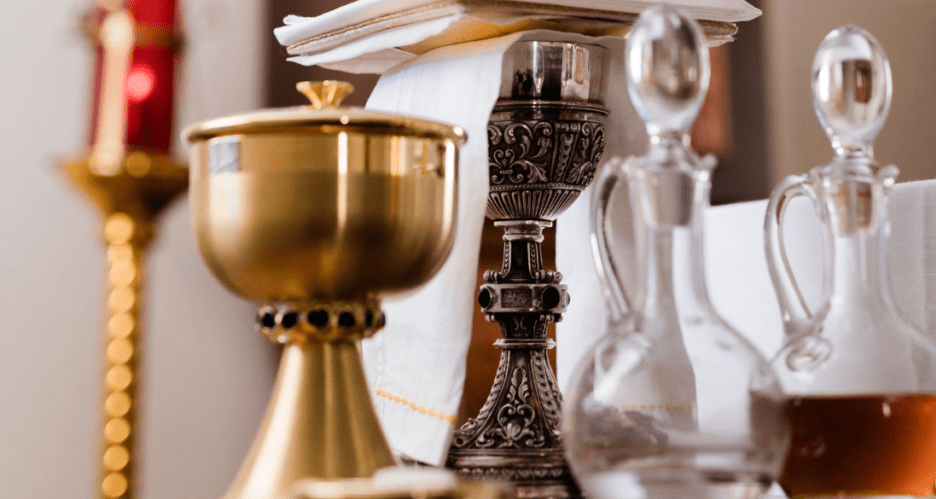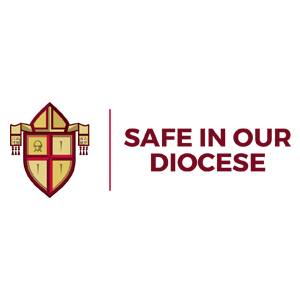The Offertory
August 16, 2021
By Rafael Quevedo
Gift giving is something that should not be a chore. It must come from the heart. When you give, you should be giving something willingly without wanting something in return. Making someone feel special is more than enough reason to make you give more. It tells the receiver that you were thinking about them.
I have seen this with my daughter. She smiles and wrinkles her nose when she receives a gift from her mom and me. She is happy about the gift but most of all she is happy because we were thinking of her. Recently I brought flowers home for my wife and I took out a rose to give to my daughter. She carried the rose around for days, although it was withering, my daughter cherished the rose because her dad thought about her. A simple act can provide a good response. It has been proven that the act of giving makes us happier than receiving. It doesn’t matter how valuable the gift may be.
There are many reasons to give gifts such as to say thanks, as an expression of love, to appreciate someone special, to apologize, to celebrate, etc. It is no wonder the church beautifully has us offer gifts at the beginning of the Liturgy of the Eucharist. The word Eucharist means thanksgiving, as a community we are preparing to give thanks in the most ultimate and beautiful way to God the Father through his Son our Lord.
Typically members of the congregation will be chosen to present bread and wine to the priest while he prepares the altar for the prayers of consecration. For some this moment in the liturgy might seem like a break within the liturgy a minor intermission as we transition from the Liturgy of the Word to the Liturgy of the Eucharist… that is far from the case. The offertory has so much beauty within it that it is appropriate for it to be the first part of the Liturgy of the Eucharist.
The faithful are encouraged at this time to join the offering in a spiritual way and place our own hearts on the altar, so that we might be transformed in a mystical way into the “body” of Christ. To partake of this food of God, to sit at this banquet of love we have to have emptied our hearts laying all of our sacrifices, hardships, and joys on the altar along with the bread and wine presented to the priest.
Bread and wine symbolize a wonderful cooperation between God and humans. We lay upon the altar not only creation’s goods but ours, too. The gifts are not mere wheat and grapes, but “the work of human hands.” Symbolically, that’s us on the altar, offering ourselves to God. In the eucharistic prayer which we will look at next week, we will ask God to send the Spirit to change the gifts and change us as well.
The gift of ourselves is never easy, and the church, knowing that, treats our offerings with great care. The priest places them in a dignified place on the altar, incenses them reverently, and asks God to receive them to himself. After the gifts are assembled on the altar, the priest recalls this symbolism of offering ourselves and emptying our hearts in the dialogue that follows.
Priest: “Pray, sisters and brothers, that our sacrifice” — not only bread and wine, but what they symbolize: our work, struggles, joys, money, our very lives — “may be acceptable to God, the almighty Father.”
People: May the Lord accept the sacrifice at your hands for the praise and glory of his name, for our good and the good of all his holy Church
As the Eucharistic Prayer begins
Priest: "Lift up your hearts."
People: We lift them up to the Lord.
We end the dialogue as the priest begins the preface with "it is right and just" Indeed, we have to life up our hearts to the Lord and offer him gifts out of thanksgiving for everything he has done for us for his unconditional love he gives us every moment of our lives.







